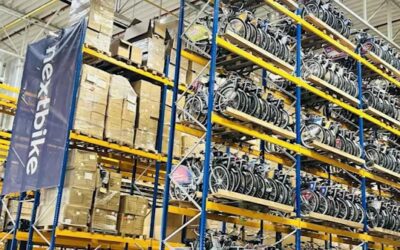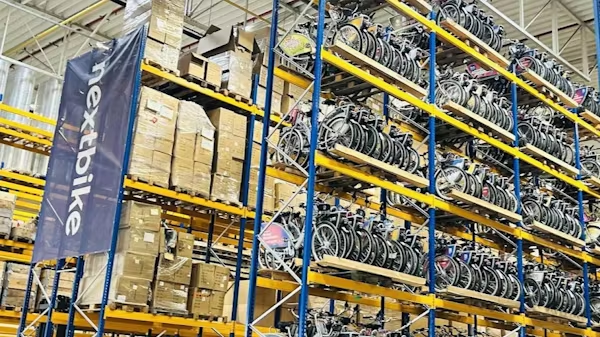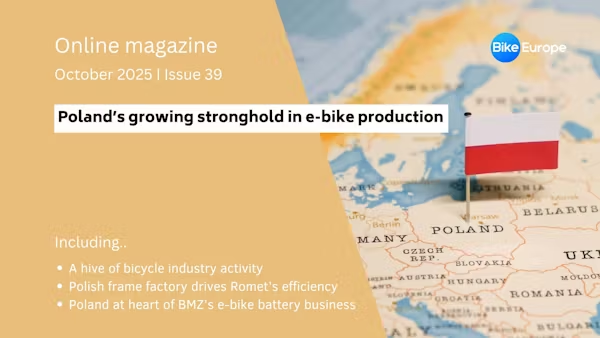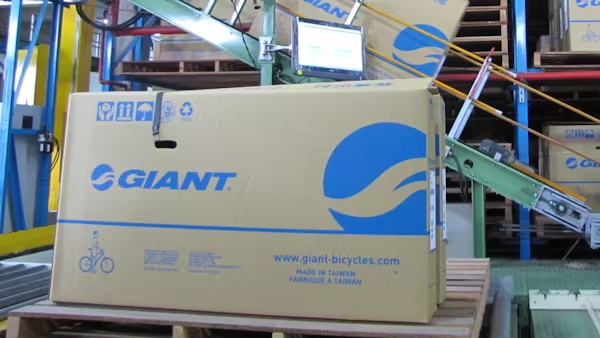Cycling and Ethics: Taiwan’s Bicycle Industry Faces Labor Scrutiny
The bicycle industry has seen a resurgence in popularity, especially with the growing emphasis on sustainability and outdoor activities. However, the production of these beloved bikes is not without its controversies. Recently, allegations surfaced from LeMonde Diplomatique, citing indicators of forced labor within the Taiwanese bicycle sector, prompting the Taiwan Bicycle Association (TBA) to respond. This raises important questions about ethics in cycling, labor practices, and consumer responsibility.
Understanding the Allegations
The claims regarding forced labor in the Taiwanese bicycle industry stem from reports by the International Labor Organization (ILO). These allegations highlight serious concerns about labor rights and the treatment of foreign workers in manufacturing environments. Given that Taiwan plays such a pivotal role in the global bicycle supply chain, the implications of these findings could affect not only the local market but also cyclists and manufacturers worldwide.
The TBA has expressed a commitment to addressing these allegations, stating that Taiwan “has the responsibility to do things right in every aspect.” This statement reflects an awareness that customers are increasingly seeking ethical practices from brands they support. It’s a wake-up call for both manufacturers and consumers to consider the broader impact of their purchasing decisions.
The TBA’s Response
In response to the troubling claims, the Taiwan Bicycle Association has welcomed guidance from various stakeholders, emphasizing their dedication to improving labor practices. The association recognizes the need for transparency in the industry and is working towards implementing measures that ensure fair treatment of all workers. Their proactive stance is an encouraging development, indicating that the industry is willing to evolve in the face of scrutiny.
While this is a step in the right direction, it’s essential for companies to not only implement changes but also communicate these efforts to customers. Transparency can build trust and foster consumer loyalty, reinforcing the bond between cyclists and the brands they choose to support.
What This Means for Cyclists
As cycling enthusiasts, it’s vital for us to be conscious of the ethical implications of our purchasing choices. A bike’s value extends beyond its performance; it’s also about the values of the company behind it. By supporting brands that prioritize responsible labor practices, we can contribute to a better industry and, by extension, a better world.
One helpful tip for cyclists is to research the brands they invest in. Look for companies that advocate for ethical labor practices and are transparent about their supply chains. Many organizations publish sustainability reports that outline their efforts in social responsibility, making it easier for consumers to make informed choices.
Conclusion: Cycling with a Conscience
The allegations surrounding forced labor in Taiwan’s bicycle industry serve as a crucial reminder of the complexities inherent in the production of goods we often take for granted. While the TBA’s acknowledgment of the issue is a positive development, it also calls for collective accountability among manufacturers and consumers alike. By advocating for transparency and supporting ethically-conscious brands, cyclists can help foster a more responsible and sustainable bicycle industry for the future.
In the end, cycling is not just about the ride; it’s about the journey—one which can be enriched by our commitment to ethical practices and social responsibility. Every pedal stroke counts!
Original article: Click here











